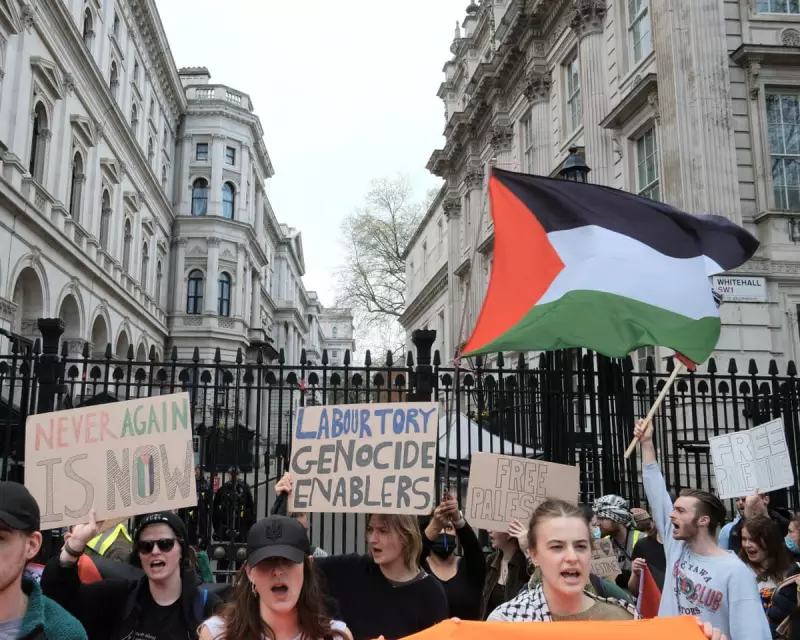
In a significant crackdown on protest rights, activists demonstrating outside MPs' homes could now face up to six months in prison under newly implemented legislation. The controversial measures, which came into force this week, have sparked alarm among civil liberties groups and democracy campaigners.
Expanding Police Powers
The legislation builds upon previous restrictions introduced in 2022, creating a 150-metre 'buffer zone' around parliamentary estates where protests causing 'serious disruption' are banned. The new rules dramatically extend these powers to cover the private residences of all Members of Parliament across the country.
Immediate Enforcement and Legal Challenges
Police forces have been granted immediate authority to arrest individuals protesting outside MPs' homes, with offenders potentially facing half a year behind bars. The Home Office confirmed that these powers are now active and enforceable nationwide.
Civil rights organisation Liberty has condemned the move, with senior advocacy officer Jun Pang stating: "This is a disproportionate attack on our fundamental democratic rights. Peaceful protest is a cornerstone of our democracy, not a gift from the state."
Government Justification vs. Civil Liberties Concerns
The government, led by then-Home Secretary Priti Patel, argued the measures were necessary to protect MPs' safety and ensure they could perform their duties without intimidation. However, critics point to existing laws already addressing genuine harassment and threatening behaviour.
Opposition MPs and human rights advocates warn that the broad definition of 'serious disruption' could criminalise peaceful demonstrations and legitimate political expression outside politicians' private addresses.
Broader Protest Restrictions
This development forms part of a wider pattern of increasing protest limitations in the UK. The legislation also introduces stricter controls around key transport infrastructure and grants police enhanced powers to prevent 'locking-on' protest tactics.
As these new rules take effect, legal experts anticipate potential challenges under human rights legislation, setting the stage for significant courtroom battles over the future of protest rights in Britain.





